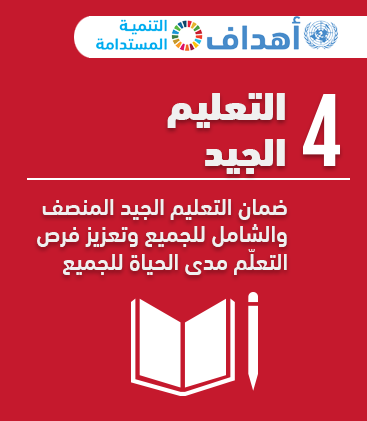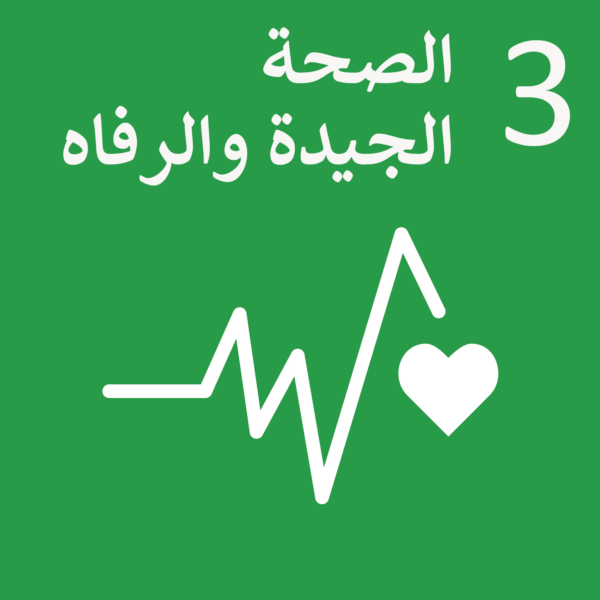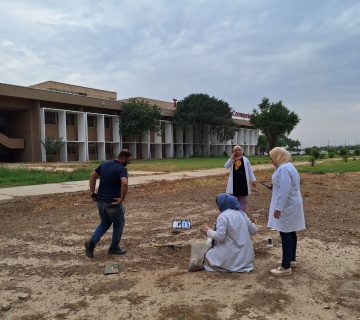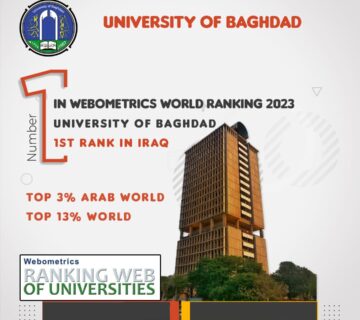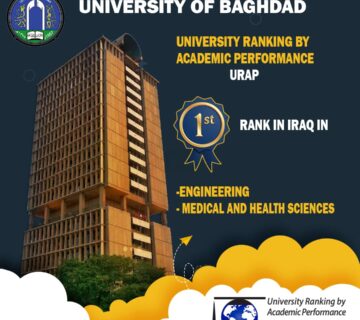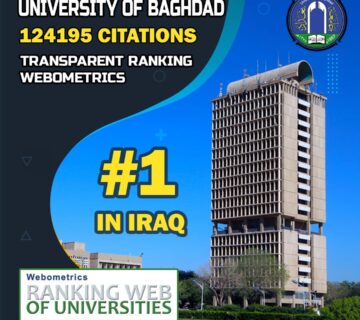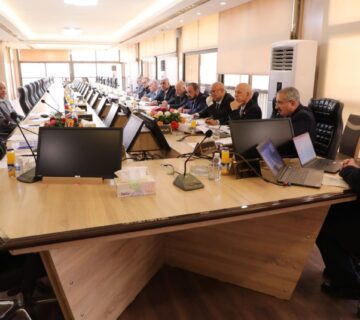The University of Baghdad recently hosted a momentous launching ceremony for the standards of the National Accreditation Council for Iraqi Veterinary Colleges. This significant event highlighted the crucial importance of accrediting veterinary colleges in Iraq and the numerous benefits it brings to the profession and society.
During the ceremony, the esteemed President of the University of Baghdad emphasized the need for accreditation to ensure that veterinary colleges meet stringent standards of quality and excellence in education. Accreditation guarantees that the curriculum, teaching methods, faculty qualifications, and facilities provided by the colleges meet the required benchmarks.
One of the primary advantages of accreditation is the assurance it provides regarding the competence and professionalism of veterinary graduates. By verifying that they possess the necessary knowledge, skills, and competencies to practice veterinary medicine effectively and ethically, accreditation instills confidence in employers and the public. It reflects the University of Baghdad’s commitment to producing highly skilled professionals who contribute to animal welfare and public health.
Furthermore, accreditation enhances the international recognition of Iraqi veterinary colleges. Graduates from accredited institutions have increased opportunities for further studies, research collaborations, and employment abroad. Accreditation facilitates mobility and global recognition of qualifications, positioning Iraqi veterinary professionals on an international platform.
Accreditation also serves as a means of protecting consumers. It assures the public that veterinary colleges have undergone rigorous evaluation by an independent authority and have met the necessary standards. This instills trust and confidence in the quality of veterinary services provided by graduates from accredited colleges.
Another significant aspect is the role accreditation plays in obtaining professional licensure for veterinary graduates. Regulatory bodies and licensing authorities often require graduation from an accredited college as a prerequisite for licensing. By ensuring graduates are eligible for licensure, accreditation enables them to practice veterinary medicine legally and contribute effectively to the field.
The accreditation process itself encourages continuous improvement in educational programs and services offered by veterinary colleges. It establishes a framework for self-assessment, feedback, and external evaluation, leading to ongoing enhancements in the quality of education. The University of Baghdad is committed to providing students with a dynamic learning environment that stays at the forefront of veterinary knowledge and skills.
Moreover, accreditation fosters a culture of research and innovation within veterinary colleges. Accredited institutions are more likely to receive research funding, collaborations, and partnerships, contributing to the advancement of veterinary science and healthcare. Through these endeavors, the University of Baghdad aims to push the boundaries of knowledge and address pressing challenges in the field.
Finally, accreditation promotes collaboration and networking among veterinary colleges, both nationally and internationally. It facilitates the exchange of best practices, sharing of resources, and the development of joint initiatives. By working together, institutions can address common obstacles, shape the future of veterinary education, and drive positive change in the profession.
the ceremony connects with some of the SDGs:
Goal 3: Good Health and Well-being: The accreditation of veterinary colleges contributes to the improvement of animal health, which in turn has an impact on human health. By ensuring that veterinary graduates possess the necessary knowledge and skills, the ceremony supports the development of competent professionals who can effectively address animal diseases, zoonotic diseases, and promote overall well-being.
Goal 4: Quality Education: The accreditation standards emphasize the quality of education provided by veterinary colleges. By meeting these standards, the ceremony promotes access to quality education and the development of competent veterinary professionals. It aligns with the goal of ensuring inclusive and equitable education for all.
Goal 9: Industry, Innovation, and Infrastructure: The accreditation process encourages a culture of research and innovation within veterinary colleges. It fosters collaborations, partnerships, and research funding, which contribute to the advancement of veterinary science and healthcare. This aligns with the goal of promoting innovation and building resilient infrastructure.
Goal 17: Partnerships for the Goals: The launching ceremony, involving the National Accreditation Council, veterinary colleges, and the University of Baghdad, represents a collaborative effort towards achieving common goals. It highlights the importance of partnerships and collaboration in addressing the challenges in veterinary education and practice. This aligns with the goal of fostering partnerships for sustainable development.
By ensuring quality education, promoting research and innovation, and fostering partnerships, the launching ceremony for the standards of the National Accreditation Council for Iraqi Veterinary Colleges contributes to the broader agenda of sustainable development as outlined in the SDGs. It recognizes the interconnectedness between human, animal, and environmental well-being, and strives to promote sustainable practices within the veterinary field.
The University of Baghdad takes great pride in hosting this momentous event and reaffirms its commitment to excellence in veterinary education. The accreditation of Iraqi Veterinary Colleges ensures quality education, professional competence, international recognition, consumer protection, and continuous improvement. By doing so, the University of Baghdad plays a vital role in the development of the veterinary profession, the well-being of animals, and the protection of public health
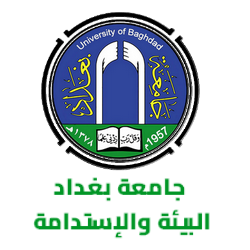
 ثم 'إضافة إلى الشاشة الرئيسية'
ثم 'إضافة إلى الشاشة الرئيسية' ثم 'إضافة إلى الشاشة الرئيسية'
ثم 'إضافة إلى الشاشة الرئيسية'
